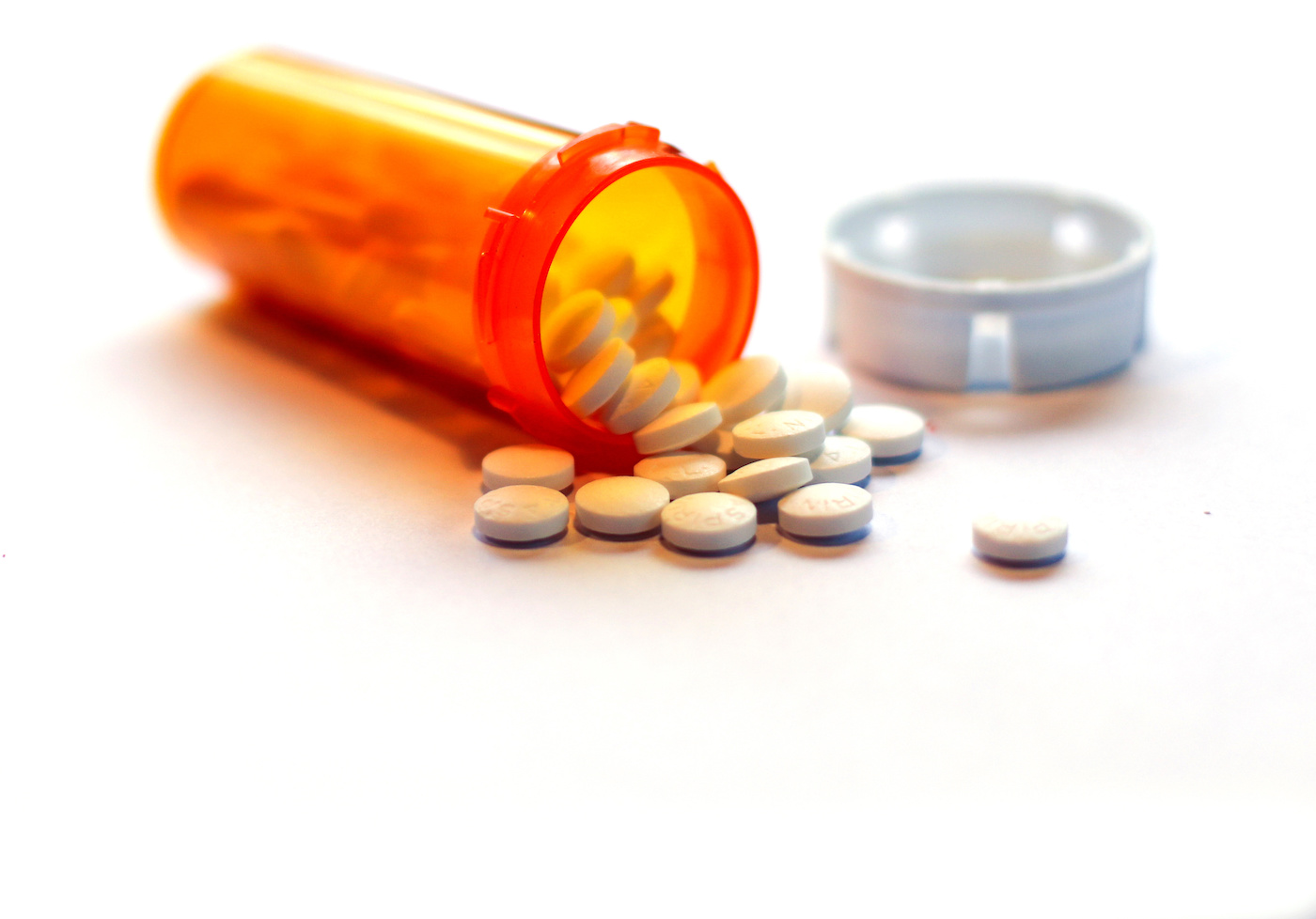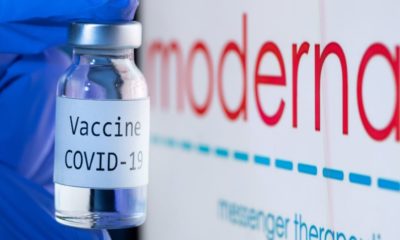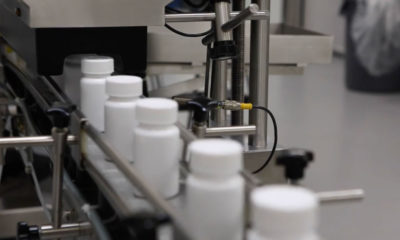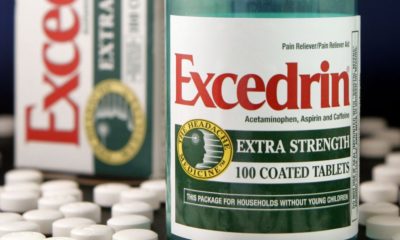More than three-quarters of U.S. consumers take a dietary supplement to help maintain a healthy lifestyle. But according to the FDA, some of those supplements may be making false and misleading claims.
Federal Crackdown on Tainted and Misleading Dietary Supplements
Currently, the FDA does not review dietary supplements before they are sold on U.S. shelves. But the federal watchdog agency can get involved if the products are found to be unsafe or when they advertise false and misleading claims about their benefits on the labels.
With an ever-growing supply of dietary supplements that misleadingly promise to help with everything from cancer to sexual performance, Alzheimer’s and weight loss, the $50 billion a year industry is showing no signs of slowing.
And while most supplement makers ensure their products are safe, and ingredients match the labels, a plethora of bad actors are capitalizing on the market and selling products that are tainted with unapproved drugs and chemicals and making illegal marketing claims.
Most Important Regulatory Modernization in Decades
Under the 1994 Dietary Supplement Health and Education Act, supplements are considered foods that are safe unless proven otherwise. Supplements do not have to go through trials to determine safety and
efficacy nor do they require premarket approval before they can be sold on shelves. This means that supplements sold online and in stores have not been tested or proven safe or effective and are only removed from the market if the FDA investigates and determines them to be unsafe.
Exploding Supplement Market
Since the law was enacted in 1994, the supplement market has grown exponentially from about 4,000 products to some 80,000. In fact, the FDA estimates that three out of every four Americans regularly take supplements. For older adults, usage jumps to four out of five and about one out of every three children are given a supplement.
Now the U.S. Food and Drug Administration says it will tighten regulations and enforcement of supplement makers in an effort to:
- Reduce inaccurate claims
- Improve safety
- Encourage innovation within the
industry
- Faster public alerts via a
rapid response tool
- Streamline handling of illegal
supplements
FDA Commissioner Scott Gottlieb said the proposed changes would be some of the most important regulatory updates in decades while ensuring that the new rules would be flexible enough to foster product improvements.
Currently, supplement manufacturers must register their facilities with the U.S. Food and Drug Administration but do not have to report product ingredients. But with little oversight, the federal watchdog agency doesn’t know how many product manufacturers are complying with the rules nor does it know who makes what.
In fact, the California Department of Public Health conducted an analysis that found dangerous and unapproved ingredients in nearly 800 different dietary supplements, including ingredients
shipped from overseas. The FDA has reported that some supplements have ingredients and combinations that have never been tested in humans.
If you are taking a dietary supplement, make sure the manufacturer is reputable, check for FDA warnings or alerts related to the product or its company and be wary of supplements that claim to help serious health conditions.



























